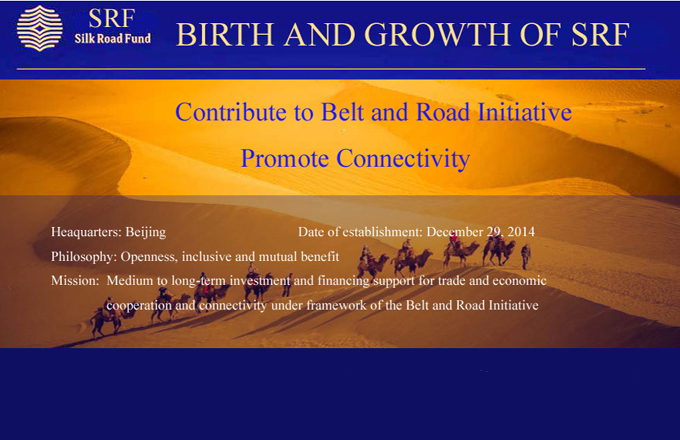Analysts shrug off quantitative easing concerns
Although concerns about the ending of the monetary easing program in the United States have dampened stock markets across Asia, Chinese stock analysts and investors have remained unconvinced, contending that their primary focus is on the speed of the domestic economic recovery.
The benchmark index of the Chinese stock market remained firm Monday while markets elsewhere in Asia were on the skids. Reports said that many Asian investors were expecting an early start to the US Federal Reserve's scaling back of its bond-buying program, called quantitative easing, following a string of positive economic data posted last week.
But analysts in China tended to shrug off the rumors, saying that US monetary policy, whichever way it may head, isn't having too great an effect on Chinese stocks - even as they said they will be closely watching the direction of capital flows in the coming weeks.
"Personally I do not see the possibility of tapering QE until the end of the year, as inflation is still low and it is also hard for the US to bring their unemployment rate below 6.5 percent, as they had targeted, before the end of 2013," said Xu Gao, chief economist and head of economic research of Everbright Securities.
The benchmark Shanghai Composite Index dropped slightly by 0.06 percent to 2299.25 on Monday. The turnover was 91.6 billion yuan ($14.9 billion), down from 100.7 billion yuan on the previous trading day.
"We expect that the Fed will gradually taper the QE3 program from quarter 4. QE3 may be ended in the middle of 2014 based on the current momentum, but the low-interest rate policy may be maintained until 2015," said Gao Ting, chief China investment strategist with UBS Securities Wealth Management.
He also pointed out that diminishing purchases in the US, which should be backed by a stronger economy, are "positive" to China's equity market.
"We notice that the dollar is becoming stronger, with the US economy picking up. And global commodity prices are going down, which eases the inflation pressure in China, and also eases our concerns about tightening." Gao said upstream companies and export-oriented companies may be influenced by the falling commodity prices and weak economies of emerging markets, but he remains bullish on midstream and downstream companies based on his expectation for China's mild economic recovery and growing domestic consumption needs.



















